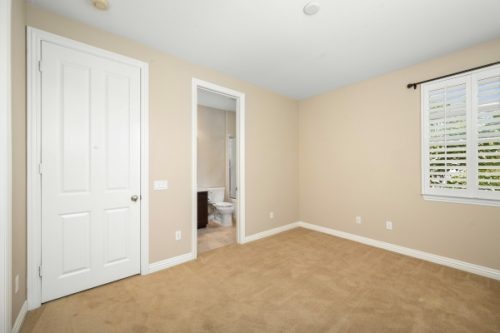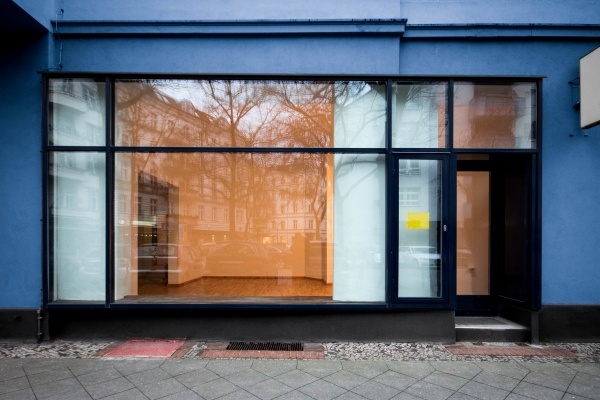
Vacant properties, defined as buildings that are unoccupied for an extended period, require specialised insurance coverage due to the unique risks they face. These properties are often at higher risk of vandalism, theft, and water damage, making them more vulnerable than occupied structures. The need for proper insurance is critical to protect against financial losses and legal issues that can arise from these heightened risks. This article will explore the specific challenges and solutions for insuring vacant properties, ensuring that property developers and investors can safeguard their investments effectively.
Understanding Unoccupied Property Insurance

Unoccupied Property Insurance is a specialised form of coverage designed to protect buildings and their contents during periods when they are unoccupied, such as during construction, before sale, or while awaiting planning permission. This insurance not only covers the physical structure but also provides liability protection for property owners. For property developers and investors, it is crucial to have this insurance to safeguard against potential risks like vandalism, theft, and water damage. Ensuring comprehensive coverage is vital to avoid costly mistakes and protect the investment during these vulnerable periods.
Common Risks and Challenges
Vacant properties face a myriad of unique risks that can lead to significant financial and legal issues. One of the primary concerns is vandalism and malicious damage, as unoccupied buildings are often targets for vandals who may cause extensive damage to the property. Theft and break-ins are also common, with thieves targeting unguarded properties to steal valuable materials or equipment.
Water damage is another critical risk, as burst pipes or weather-related issues can cause severe structural damage if not promptly addressed. Fire hazards and electrical system failures are additional threats, as unoccupied buildings may have undetected issues that can lead to fires. Finally, liability concerns are significant, especially during the planning and development stages, where accidents or injuries on the property can result in legal claims. Proper insurance coverage is essential to mitigate these risks and protect the investment during these vulnerable periods.
Why Standard Insurance Policies May Not Suffice
Regular property insurance policies are typically designed for occupied buildings and may not provide adequate coverage for vacant properties. These standard policies often exclude risks specific to unoccupied buildings, such as vandalism, theft, and water damage from burst pipes. Additionally, they may have clauses that void coverage if a property remains unoccupied for an extended period. Specialised unoccupied property insurance, on the other hand, is tailored to address these unique risks, ensuring comprehensive protection and peace of mind for property developers and investors.
Key Considerations for Insuring Vacant Properties

To effectively insure vacant properties, developers and investors should follow these steps:
- Assess the Property’s Condition and Potential Risks: Evaluate the current state of the property, identifying any existing vulnerabilities such as structural issues, security concerns, or environmental risks.
- Determine the Length of Time the Property Will Remain Vacant: Consider how long the property will be unoccupied, as this can impact the type of coverage needed and potential premium costs.
- Research Insurance Providers Specialising in Vacant Property Coverage: Look for insurers with expertise in vacant property insurance, such as Construction Insure, to ensure you receive tailored and comprehensive coverage.
- Understand Policy Exclusions and Limitations: Carefully review the policy to understand what is and is not covered, such as certain types of damage or specific periods of vacancy.
- Ensure Adequate Liability Coverage for Pre-Development Activities: Protect against potential legal claims by securing liability coverage for any pre-development activities, such as site inspections or preliminary construction work.
- Regularly Review and Update the Insurance Policy: As the project progresses, regularly reassess the insurance needs and make necessary adjustments to ensure ongoing protection. This proactive approach helps mitigate risks and ensures the policy remains relevant and comprehensive throughout the development process.
The Benefits of Working with Experienced Brokers
At Construction Insure, we bring unparalleled expertise to the table, ensuring that property developers and investors have the right insurance coverage for their vacant properties. Our deep understanding of the construction industry’s insurance requirements allows us to navigate complex policies and find tailored solutions that meet your specific needs. We assist you in obtaining the appropriate coverage for every stage of development, from the initial purchase and planning phases to the final stages of construction and sale.
Our team’s extensive experience in the industry means we can help you navigate the intricacies of vacant property insurance, ensuring comprehensive protection against potential risks and liabilities. By partnering with us, you gain peace of mind, knowing that your investment is fully safeguarded, ultimately securing the success of your project.

